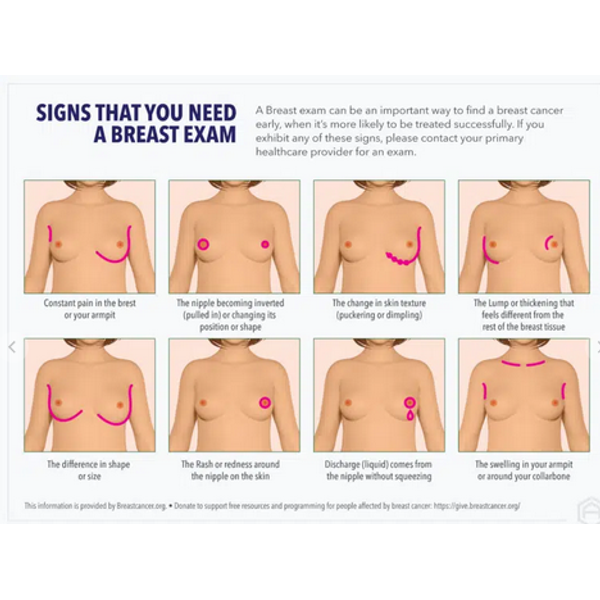

- Home
- Companies
- AIROS Medical Inc
- Applications
- Medical Devices for Breast ...

Medical Devices for Breast Cancer-Related Lymphedema - Medical / Health Care
Comfortable and Efficient Compression Therapy Solutions . Lymphedema is swelling caused by a build-up of lymph fluid in the body. Lymph nodes are found throughout the body. Unfortunately, the lymph nodes near the breast can sometimes be affected by breast cancer treatment and cause the patient to develop lymphedema. Breast Cancer Related Lymphedema is usually related to axillary lymph node surgery and radiation therapy, but doctors and researchers still aren’t sure why some people get lymphedema and others don’t.
Some risk factors can include:
- Having axillary lymph nodes removed (the more nodes removed, the greater the risk)
- Radiation therapy to the axillary lymph node area
- Having axillary lymph nodes removed plus radiation therapy to the axillary lymph node area
- Having a large number of axillary lymph nodes that contain cancer
- Infections in the area after breast surgery
- Being overweight or obese

- Experts estimate that breast cancer-related lymphedema usually develops within three years of breast surgery.
Source: https://www.komen.org/breast-cancer/survivorship/health-concerns/lymphedema/ - Some studies show that closely monitoring patients within the first three months of breast surgery can lead to an earlier diagnosis
Source: https://www.komen.org/breast-cancer/survivorship/health-concerns/lymphedema/ - There are two types of surgeries used to remove lymph nodes: a sentinel lymph node biopsy and an axillary lymph node dissection.
- During a sentinel lymph node biopsy, between 1 and a few lymph nodes are removed from your armpit and checked for cancer cells. The risk of developing lymphedema after a sentinel lymph node biopsy is low. About 0 to 7 out of every 100 people who have a sentinel lymph node biopsy develop lymphedema.
Source: https://www.mskcc.org/cancer-care/patient-education/facts-about-lymphedema-and-breast - During an axillary lymph node dissection, more than a few lymph nodes are removed from your armpit. This is done to remove additional lymph nodes that may have cancer cells. The risk of developing lymphedema after an axillary lymph node dissection is higher than it is after a sentinel node biopsy. About 15 to 25 out of every 100 people who have an axillary lymph node dissection may develop lymphedema.
Source: https://www.mskcc.org/cancer-care/patient-education/facts-about-lymphedema-and-breast
What are the symptoms of Breast Cancer-Related Lymphedema?
- Swelling in the arm or hand
- Feeling of tightness, heaviness, or fullness in the arm, hand, chest/breast, or back
- Feeling of tightness in the skin or thickening of the skin
- Pain or redness in the arm or hand
- Swollen lymph nodes
- Restricted range of motion
Is Breast Cancer-Related Lymphedema curable?
BCRL is a chronic condition that can only be managed, not cured.
How is BCRL treated?
Symptoms of BCRL can be treated and managed effectively in many ways including through the use of Pneumatic Compression Devices like the AIROS 6 or AIROS 8.
How Our Devices Help Treat BCRLSequential Compression Devices – also known as Pneumatic Compression Devices (PCD) – are comprised of an air pump device and associated garments with various air chambers.
The device delivers air to the chambers of the garment to produce targeted pressure in a specific timing sequence. This pressure squeezes the swollen limb and massages fluid in the correct direction, typically back towards the heart.
The pressure, timing, length, frequency, and type of therapy delivered by sequential compression devices are all prescribed by a physician.
Next StepsTo ask our clinicians for more information about breast cancer-related lymphedema, including how our AIROS devices can aid in your treatment plan or that of your patients, please call us directly at 866-991-6956 or email Kelly and Adie at clinicians@airosmedical.com
